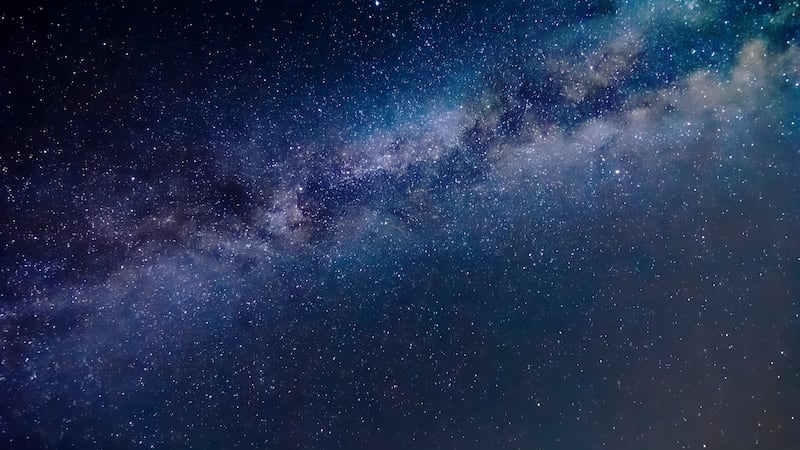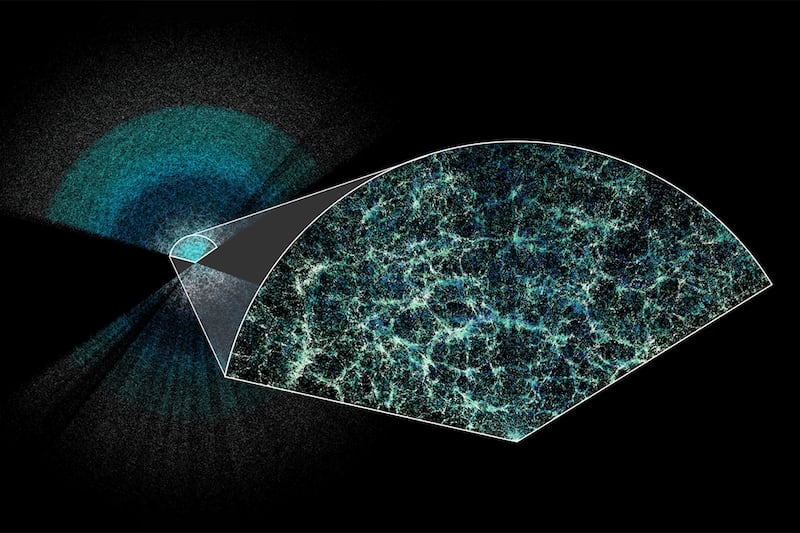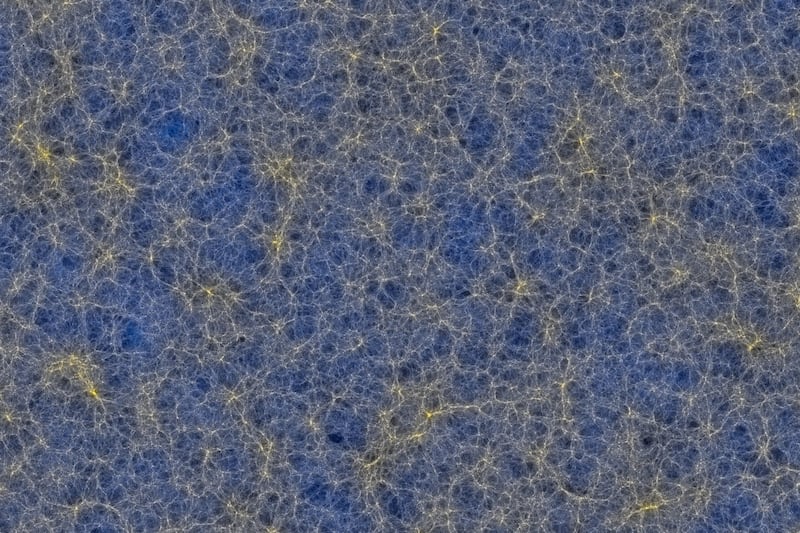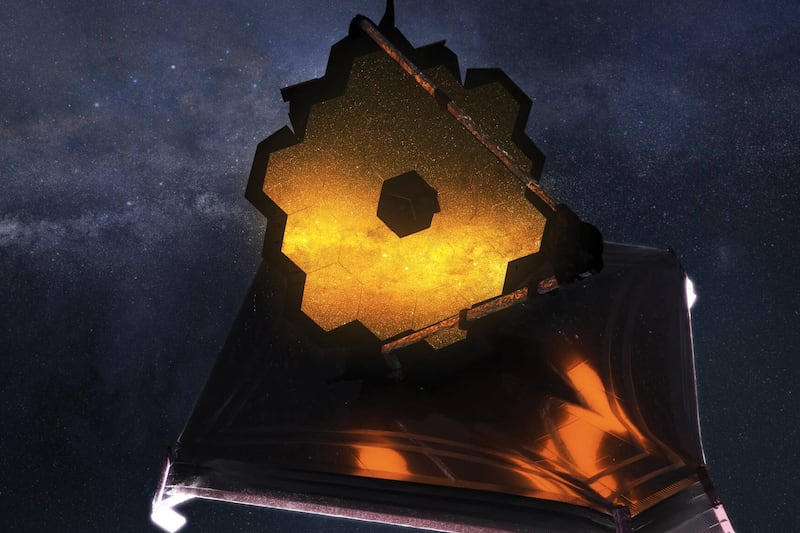Astronomers studying 200,000 galaxies have confirmed that the universe is slowly dying.
The energy generated by the galaxies is only half what it was two billion years ago and fading, according to the results of a survey using seven of the world's most powerful telescopes.
Lead scientist Professor Simon Driver, from the International Centre for Radio Astronomy Research (ICRAR) in Western Australia, said: "The universe is fated to decline from here on in, like an old age that lasts forever. The universe has basically plonked itself down on the sofa, pulled up a blanket and is about to nod off for an eternal doze."
He explained that all the energy in the universe was created in the Big Bang that created the cosmos, with some of it locked up as mass.
Stars shine by converting their mass into energy, as described by Albert Einstein's famous equation E=MC squared.
Prof Driver said: "While most of the energy sloshing around was created in the aftermath of the Big Bang, additional energy is constantly being released by stars as they fuse elements like hydrogen and helium together.
"This newly released energy is either absorbed by dust as it travels through the host galaxy, or escapes into intergalactic space and travels until it hits something such as another star, planet, or very occasionally a telescope mirror."
The fact that the universe is slowly fading has been known since the late 1990s but the new work shows that it is happening across all light wavelengths from the ultraviolet to the infrared.
The research, part of the Galaxy and Mass Assembly (Gama) project, represents the largest multi-wavelength survey undertaken.
Prof Driver presented the findings at the International Astronomical Union's general assembly in Honolulu, Hawaii.








